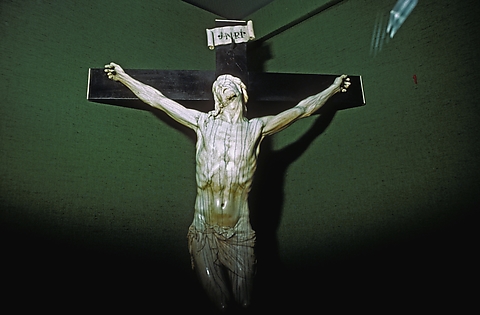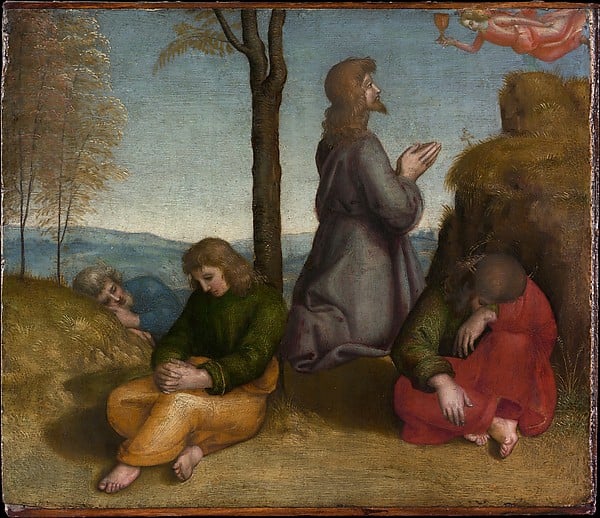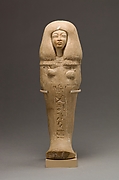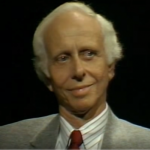
By Barbara Falconer Newhall
It’s the twenty-first century. Skepticism and secularism abound in the modern/post-modern West — in popular culture, in academia, and in the world of literature and art. Which raises the question for those of us who are both spiritual seekers and wannabe

artists: can a religious person be a real artist these days? Or does one have to put on the armor of edgy cynicism to be taken seriously?
Michelangelo, perhaps the West’s most accomplished artist ever, was a devout Catholic. Bach, a Lutheran, wrote glorious church music. Dante boldly took as the subject of his poetry all of heaven, hell and purgatory .
Great artists all. But this is the modern era. Can art, if it is to be great, address matters spiritual?
In his introduction to Bearing the Mystery: Twenty Years of Image (Eerdmans, 2009), Gregory Wolfe quotes a 2008 New Republic literary critic who asserts that “the absence of God from our literature feels so normal, so self-evident, that one realizes with a shock how complete it is.”
But Wolfe goes on to argue that God’s absence from the modern art scene is far from complete. He points out that books by three “intensely Christian writers” have held top spots in the New York Times tally of Americans’ favorite twentieth century novels. The authors? Marilynne Robinson, John Updike and Cormac McCarthy.
Wolfe is the founder of Image, a journal based on the premise that art and faith are not mutually exclusive. Four times a year, Image offers fiction, non-fiction, poetry and criticism, along with several glossy pages devoted to the visual arts.

The Bearing the Mystery collection presents the work of nearly seventy writers and more than twenty visual artists, all gleaned from the pages of Image journal’s first twenty years. Some of the artists address Christian or Jewish themes directly. Others explore the spiritual questions less overtly. The writers include Ron Hansen, Denise Levertov, Marilyn Nelson, Ann Pachett, Kathleen Norris and Richard Rodriguez.
And so, if you are wondering whether it’s possible to grapple with issues of religion and spirituality and still maintain your artistic integrity — and twenty-first century sophistication — maybe this book is the place to get some answers.
Read my my post on why John Shelby Spong’s thinks some aspects of Christianity are not relevant today. More about my own book at WrestlingWithGodBook.com.










